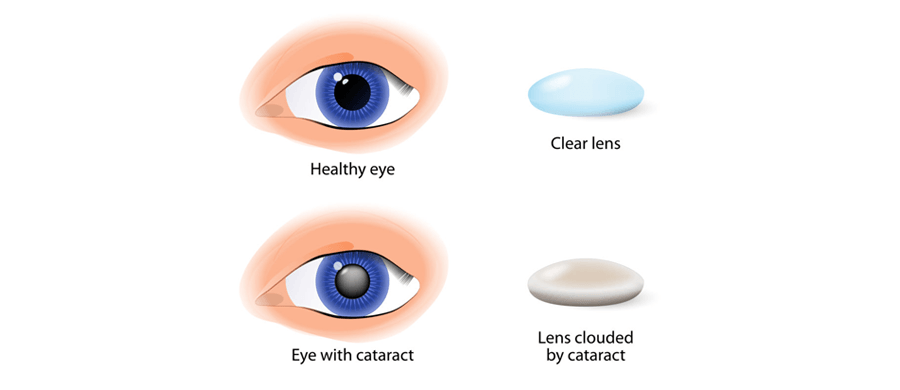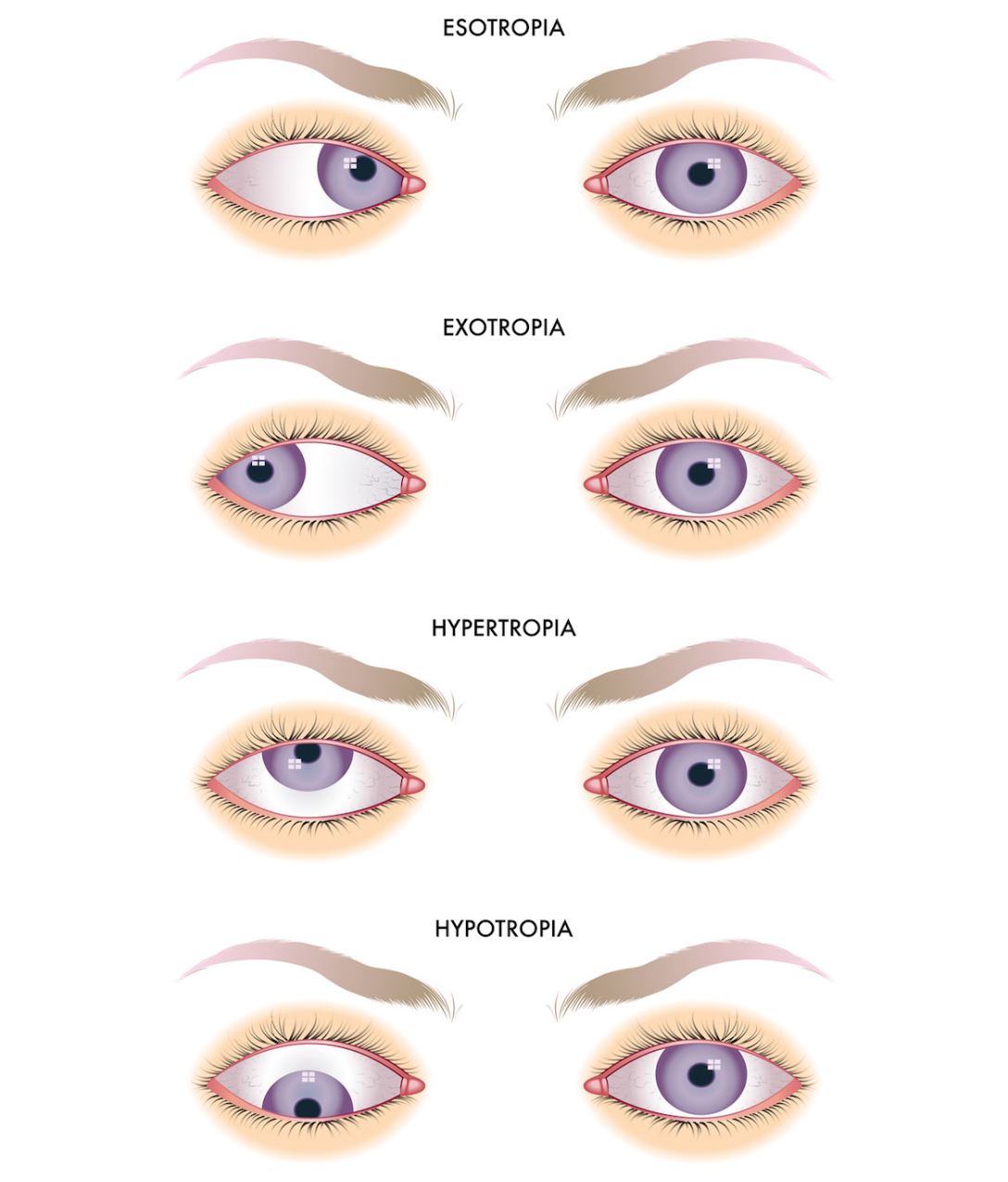
Retinopathy of Prematurity (ROP) is a potentially serious eye disorder that affects premature infants, particularly those born before 31 weeks of gestation and with a birth weight of under 1500 grams (3.3 pounds). ROP occurs when the blood vessels in the retina, the light-sensitive tissue at the back of the eye, do not develop properly. It is a leading cause of blindness in children worldwide.
The development of ROP is closely linked to the premature birth of an infant and the immature development of blood vessels in the retina. The primary cause of ROP is the incomplete growth of retinal blood vessels, which can lead to abnormal blood vessel growth and potential damage to the retina.
Several factors contribute to the development of ROP:
- Premature Birth: The main risk factor for ROP is premature birth. The blood vessels in the retina normally develop during the last trimester of pregnancy. Infants born prematurely have an underdeveloped retina, and this immaturity increases the risk of abnormal blood vessel growth.
- Oxygen Therapy: Infants born prematurely often require oxygen therapy to support their breathing. While oxygen is essential for their survival, excessive levels or prolonged use of oxygen can contribute to the abnormal growth of blood vessels in the retina.
- Fluctuations in Oxygen Levels: Rapid fluctuations in oxygen levels, which can occur in premature infants, can stress the immature blood vessels in the retina and lead to abnormal growth patterns.
- Low Birth Weight: Low birth weight is often associated with premature birth and can increase the risk of ROP. Infants with very low birth weights are at higher risk compared to those with slightly higher birth weights.
- Other Medical Conditions: Certain medical conditions, such as respiratory distress syndrome, sepsis (infection), and anemia, can further increase the risk of ROP.
The progression of ROP is classified into several stages:
- Zone I, II, and III: The retina is divided into zones, with Zone I being the center of the retina and Zone III being the outermost region. ROP can occur in any of these zones.
- Stages 1 to 5: The stages of ROP reflect the severity of the disease, ranging from mild (Stage 1) to severe (Stage 5), which can lead to retinal detachment and blindness if not treated.
Regular eye examinations by an ophthalmologist experienced in the evaluation of premature infants are crucial to detect ROP early. Depending on the severity and progression of ROP, treatment options can include laser therapy to reduce abnormal blood vessel growth, injection of medication into the eye (anti-VEGF drugs), or surgical intervention to repair retinal detachment.
what are you waiting for? Get in touch with the best Eye Specialist in Vikhroli, Dr. Sonia Maheshwari Kothari practicing at Clear Sight Eye care and Laser Center.
0 notes



